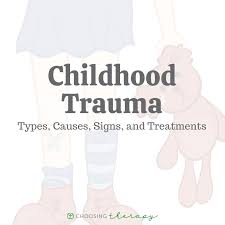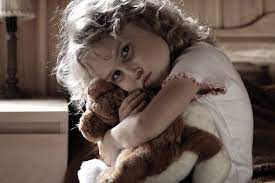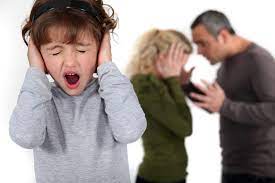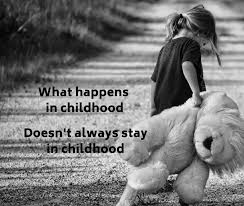

wordpress-seo domain was triggered too early. This is usually an indicator for some code in the plugin or theme running too early. Translations should be loaded at the init action or later. Please see Debugging in WordPress for more information. (This message was added in version 6.7.0.) in /home/sehatnagar.com/public_html/wp-includes/functions.php on line 6114
Trauma is an emotional and psychological response to a terrible event. Childhood Trauma is the experience of an event by a child that is emotionally painful or distressful, which often results in lasting mental and physical effects. Childhood trauma can occur when a child witnesses or experiences overwhelming negative events. Many childhood experiences can overwhelm a child.

Childhood trauma is adverse and harmful experiences children go through mostly because of the cold attitude of their caregivers. Some of the events that can be traumatic for the child are:

Children develop post-traumatic stress disorder (PTSD) following a traumatic event. Children with PTSD may re-experience the trauma in their minds over and over again. To prevent future traumas, they become hypervigilant too in looking for signs that something bad is going to happen again.
Children with PTSD may also:
Even children who don’t develop PTSD may still exhibit emotional and behavioral issues following a traumatic experience. Such as:

Traumatic events can affect how a child’s brain develops. It can have lifelong consequences for them physically, mentally, and socially. When children are emotionally and mentally injured, neglected, or even abused in childhood, those inner wounds never heal.
When a child experiences a traumatic event, it can impair their physical development. The stress can impair the development of their immune and central nervous systems, hence making it harder to achieve their full potential. Exposure to repeated trauma increases a child’s risk of developing:
Childhood trauma can also have an impact on mental health. Psychological effects of traumatic experiences can include:
A child’s relationship with their caregivers is vital to their emotional and physical health. The attachment children have with their caregivers can also help them learn to trust others, manage emotions, and positively interact with the world around them. When a child experiences a trauma that teaches them that they cannot trust or rely on that caregiver. However, they’re likely to believe that the world around them is a scary place and that people are dangerous. This makes it incredibly difficult to form relations.
Sometimes the impact of childhood trauma extends beyond physical or mental health and relationships. The adverse childhood experiences with an increased risk of becoming a criminal offender by the age of 35. People may often commit offenses that are serious and violent.
Additional impacts can include:

Social support can be key to reducing the impact trauma has on a child. Even as far as reducing their risk of suicidal ideation.Here are some ways to support a child after an upsetting event:
Depending on the child’s age and needs, they may be referred for services such as
Cognitive behavioral therapy
Play therapy
Family therapy
In some cases, such as when there is a diagnosis of PTSD, medication may also be an option to help treat their symptoms.
Childhood is meant to be a beautiful experience. It is meant to be the most memorable and best years of one’s life. Also, children experiencing traumatic events may have a reduced ability to parent their kids later in life. So, it is important to heal from Childhood Trauma.